
UP2030 aims to support cities in driving the socio-technical transitions required to meet their climate neutrality targets by leveraging urban planning and design. Within the project city stakeholders and local authorities will be supported and guided to put neutrality on the map of their communities in day-to-day actions and strategic decisions. An innovative methodology (5UP-approach) will be developed and applied through the co-development and implementation of science-based - yet practical - tools, and methods.
Inclusive participation is key throughout the project’s full cycle of activities so that real needs of communities are reflected in the city-specific visions, and co-designed interventions maximise delivery of co-benefits. As such, UP2030 will have a measured positive impact on spatial justice in the pilots, and give the opportunity to citizens to participate in the transition by becoming agents of change themselves through their sustainable behavioural shifts.
Making cities more connected and compact towards climate neutrality is an opportunity to make them better places to live for everyone, particularly the most vulnerable. To achieve this synergy, UP2030 will support pilot cities be deliberate towards spatial justice outcomes. Budapest, Granollers, Lisbon, Milan, Muenster, Rotterdam, Thessaloniki, Zagreb, Belfast, Istanbul and Rio de Janeiro are the cities where the project activities will be implemented.
Participating cities are committed to climate neutrality actions, having already released climate action plans. Six of the UP2030 cities have also applied to the Mission’s call for the first cohort of Climate-neutral and Smart Cities.The proposed project measures on the pilot themes, will foster intense co-creation activities and ensure multi-stakeholder collaboration.
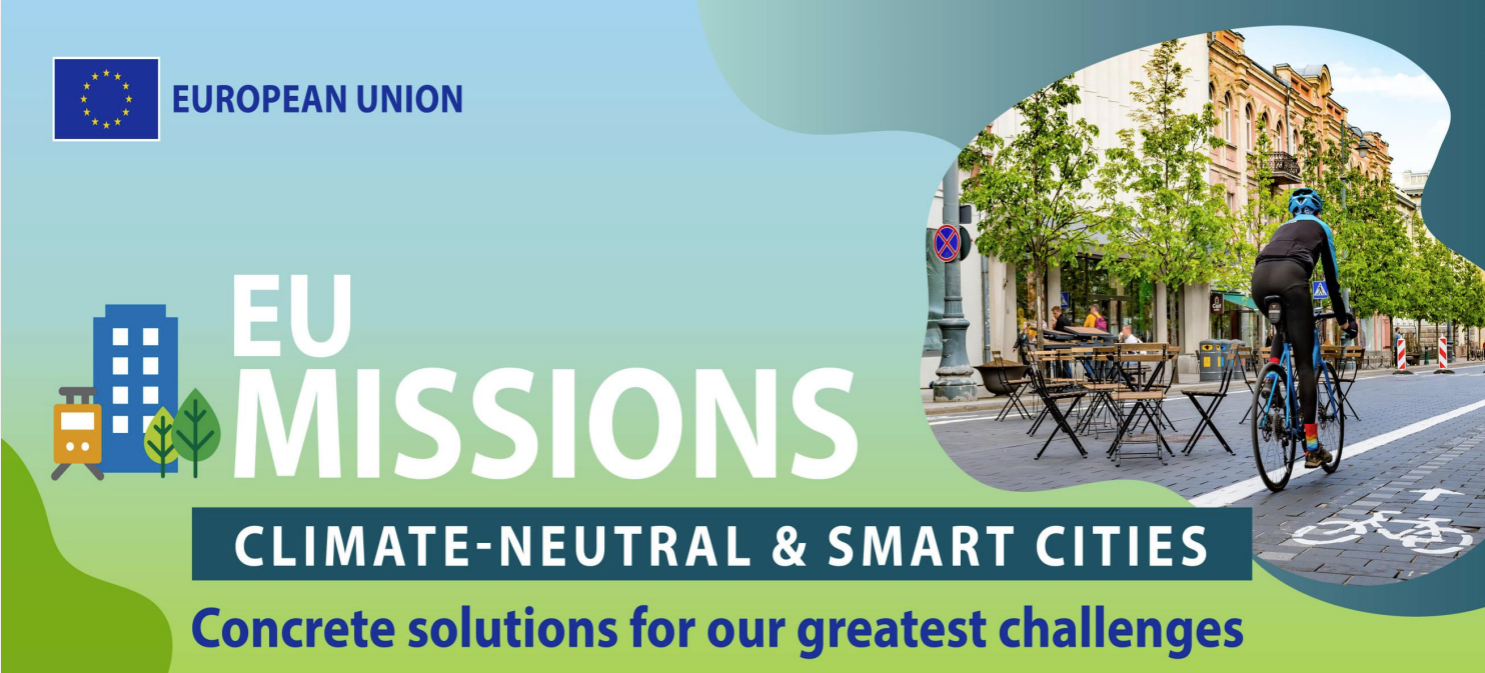
Cities play a pivotal role in achieving climate neutrality by 2050, the goal of the European Green Deal. They take up only 4% of the EU’s land area, but they are home to 75% of EU citizens. Furthermore, cities consume over 65% of the world’s energy and account for more than 70% of global CO2 emissions.
The Cities Mission will involve local authorities, citizens, businesses, investors as well as regional and national authorities to:
- Deliver 100 climate-neutral and smart cities by 2030
- Ensure that these cities act as experimentation and innovation hubs to enable all European cities to follow suit by 2050
As foreseen in its implementation plan, the Cities Mission takes a cross-sectoral and demand-led approach, creating synergies between existing initiatives and basing its activities on the actual needs of cities.
-
 Read more +
February 29, 2024 By Ektoras Makras in News & Events
Read more +
February 29, 2024 By Ektoras Makras in News & Events
UP2030 project workshop in Budapest
-
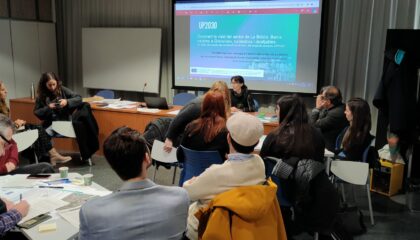 Read more +
By Ektoras Makras in News & Events
Read more +
By Ektoras Makras in News & Events
2nd workshop of the UP2030 project in Granollers
-
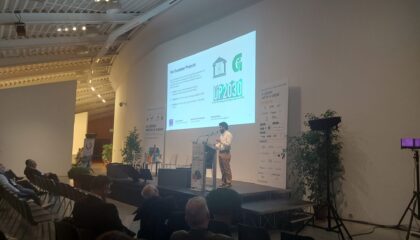 Read more +
November 29, 2023 By Ektoras Makras in News & Events
Read more +
November 29, 2023 By Ektoras Makras in News & Events
UP2030 in Major Cities of Europe Annual Conference
-
 Read more +
By Ektoras Makras in News & Events
Read more +
By Ektoras Makras in News & Events
The Symposium ‘Spatial Justice in Practice: Benchmarking Spatial Justice in Policymaking, Planning and Design
-
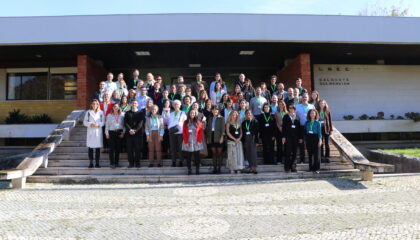 Read more +
November 22, 2023 By Ektoras Makras in News & Events
Read more +
November 22, 2023 By Ektoras Makras in News & Events
Highlights from UP2030’s 1st General Assembly in Lisbon
-
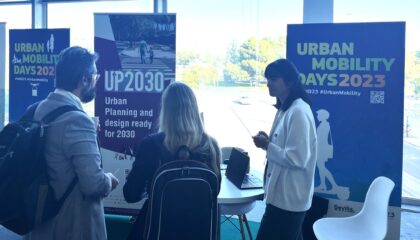 Read more +
October 25, 2023 By Ektoras Makras in News & Events
Read more +
October 25, 2023 By Ektoras Makras in News & Events
Exploring Urban Mobility Innovation at Urban Mobility Days 2023
-
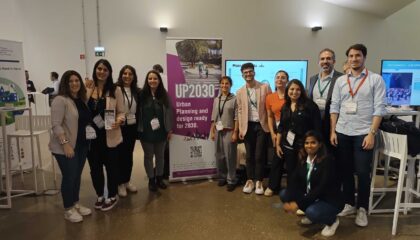 Read more +
By Ektoras Makras in News & Events
Read more +
By Ektoras Makras in News & Events
UP2030 in the 10th Edition of the European Urban Resilience Forum
-
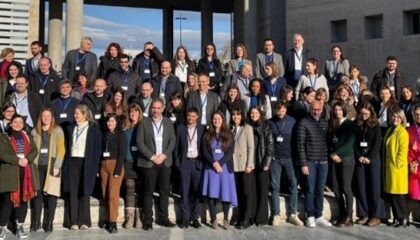 Read more +
April 12, 2023 By Christina Dolianidi in News & Events
Read more +
April 12, 2023 By Christina Dolianidi in News & Events
Introduction to UP2030 Project
-
 Read more +
February 29, 2024 By Ektoras Makras in Blog
Read more +
February 29, 2024 By Ektoras Makras in Blog
Belfast City joining forces with Design Clips within UP2030 project
-
 Read more +
November 29, 2023 By Ektoras Makras in Blog
Read more +
November 29, 2023 By Ektoras Makras in Blog
Toolkit for Stakeholder Engagement towards Carbon Neutrality
-
 Read more +
October 30, 2023 By Ektoras Makras in Blog
Read more +
October 30, 2023 By Ektoras Makras in Blog
Why Social Equity Matters in cities response to climate change


